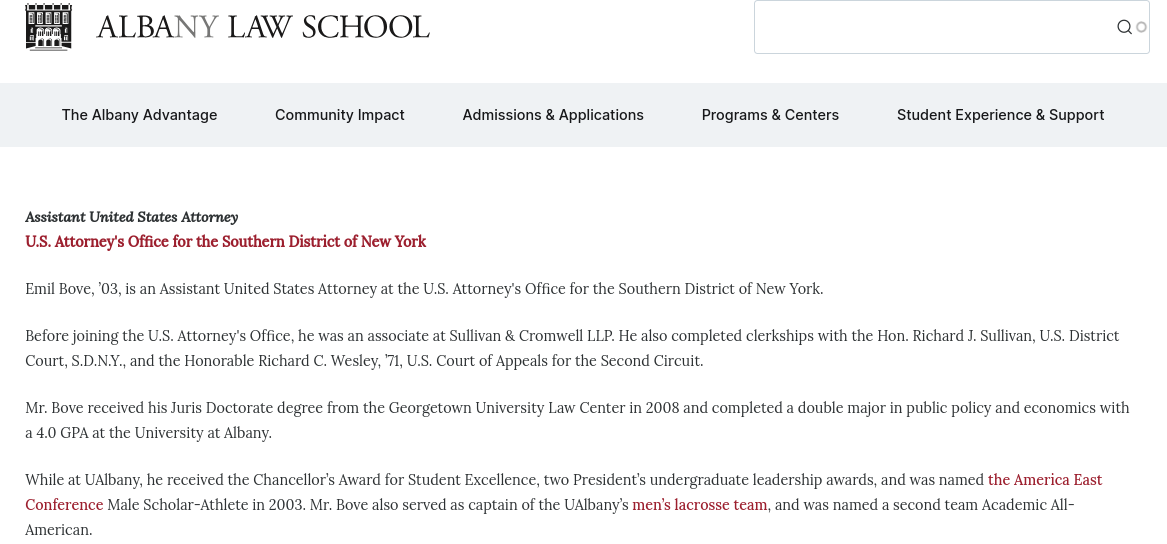Why Serious Students Should Make Time for Fun

Why Serious Students Should Make Time for Fun
For diligent students, academics can often eclipse other aspects of life, leading to a myopic focus on grades and achievements. However, it’s vital to understand the importance of incorporating leisure into a busy student’s schedule. This not only helps maintain mental health but also enhances academic performance in unexpected ways. Making time for fun isn’t just enjoyable—it’s a smart strategy for those aiming to succeed. Keep reading to discover why and how you should balance the books with a bit of play.
The Cognitive Benefits of Leisure: Enhancing Learning Through Play

Play is essential for cognitive development at any age, especially for students. Engaging in leisure activities like games and hobbies improves memory, cognitive flexibility, and mental agility. These activities stimulate the brain in ways academic studies don’t, promoting better attention-shifting and long-term retention—crucial for academic success. Neurons that fire together, wire together, and play can be the spark for these important connections.
Downtime, such as playing the best free slot games, is just as important as study time for students. It helps cultivate strategic thinking, adaptability, and creativity. These skills can be applied to academic work, making complex problem-solving easier and fostering innovative thinking in research and scholarly pursuits.
Balancing Academics and Relaxation: Why It’s Essential for Student Success
Academics often require long hours of study, leading to stress and overwhelm. To maintain a healthy balance, students should engage in relaxation and enjoyable activities. These breaks help improve information absorption and retention. Fun is also crucial for mental recovery, fostering creativity and problem-solving abilities. Taking time off from academic work can lead to innovative approaches.
Time management is a critical life skill, and students who balance study with downtime are more successful. Allocating time for enjoyment sets a healthy precedent for future careers and personal well-being. Failure to find equilibrium can lead to burnout, hindering educational objectives and personal growth. Integrating regular relaxation into a busy schedule can lead to more productive study sessions.
Social Development and Fun: Building Essential Skills Outside the Classroom
Social skills are crucial for personal interactions, academic group projects, and professional endeavors. Leisure activities like team sports and clubs help students understand team dynamics, navigate personalities, and develop a supportive network. Networking is another important aspect of social interactions, as casual encounters can turn into valuable connections in academia and beyond.
Cultural activities and travel offer a broader perspective of the world, fostering cultural awareness and sensitivity. Learning about different people, cultures, and societies enriches one’s worldview and supports a comprehensive educational experience outside the classroom. Social skills are essential for personal and professional growth.
Preventing Burnout: The Role of Downtime in Maintaining Academic Motivation

Excessive academic focus can lead to burnout, a state of emotional, physical, and mental exhaustion. This can result in reduced performance, dread of educational activities, and withdrawal from study. To prevent burnout, students should incorporate regular leisure time into their routines.
Motivation is a finite resource, and wise students understand the value of recharging it through play and relaxation. Downtime allows for reflection on achievements and setting new goals, maintaining drive and enthusiasm for academics. Promoting a healthy lifestyle is also crucial for students, as a healthy body supports a healthy mind. Embracing downtime not only benefits academic performance but also personal growth.
Beyond the Books: How Fun Experiences Contribute to a Well-Rounded Education
Education extends beyond the classroom, shaping individuals through diverse experiences that foster creativity, resilience, and problem-solving skills. Engaging in fun activities, like volunteering or exploring hobbies, can spark passions that may guide future careers and academic pursuits, making the journey more exciting and meaningful.
Additionally, recreational experiences contribute practical skills that enhance academic and professional success. Whether it’s resourcefulness from camping or adaptability from travel, these activities enrich a student’s personal growth. Embracing these opportunities, along with GIS online degrees, prepares students for the complexities of adult life and careers.
Altogether, the integration of fun into a student’s life is a cornerstone of a healthy and productive educational experience. It is this blend of play and study that paves the way for not only a more enjoyable student life but also a more successful and fulfilling future.



